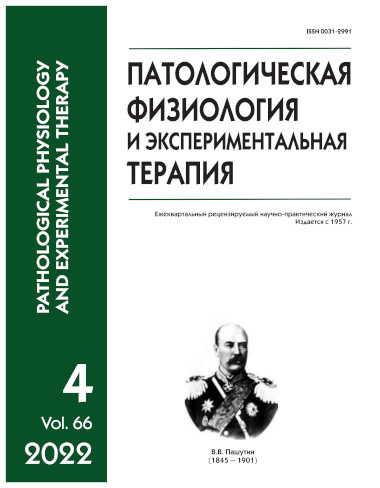Stroke and probiotics
Abstract
Probiotics (intestinal microflora) are an important factor in the occurrence, development, treatment, rehabilitation, and formation of immediate and long-term consequences of stroke. Therefore, this knowledge can and should be used to prevent and treat this common and severe, often fatal, disease. An important medical characteristic of probiotics is the ability to create short-chain fatty acids (SCFAs), an energy substrate for the brain and muscles, as well as for the “second brain”, colonocytes. For them, SCFAs are not only an energy substrate, but also a proliferation inducer. The SCFA-consuming flora prevents colonization of the intestine by pathogens, such as shigella and salmonella, blocks the pathogen adhesion to the epithelium, and stimulates the growth of some beneficial anaerobic bacteria. A major benefit of vegetarian and vegan diets is favorable probiotics.






